5 Major Announcements From Google I/O
The Latest From Google
One takeaway from the keynote at Google I/O 2017 on Wednesday: Google is staying as busy as ever. The company delivered a wide-ranging series of announcements, both of new offerings as well as updates to existing products. Among the announcements were some of the features coming to the next version of the Android operating system, Android O, and updates coming to Google Assistant and Google Home.
What follows are the details on five of the big announcements out of the Google I/O 2017 keynote.
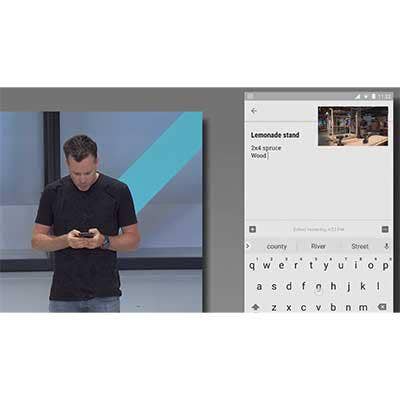
Android O
While Google didn't disclose exactly when the next version of Android is coming out, or what its name will be, the company did offer some features that will make the operating system stand apart from Nougat. Google said it's optimizing the operating system so that phones and apps will boot up faster, and also adding limits to the resources that background apps can consume – as a way to save on battery life and memory usage. In terms of features for usability, "Android O" will offer "picture-in-picture" usage – an easier alternative to split-screen multi-tasking – and add "notification dots" so that users can see if there is activity in one of their apps. Google is also adding autofill to apps and debuting a feature called smart text selection, so that users can select a phone number, name or address with a double tap.
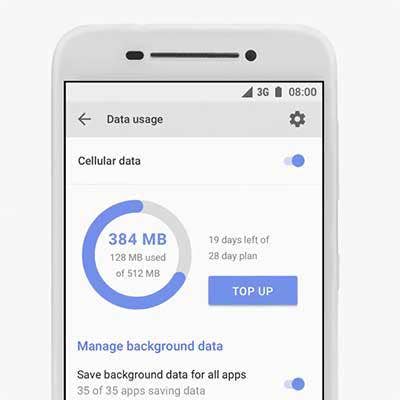
Android Go
Google executives say that one of the company's goals is to bring smartphones to more people through enabling more affordable devices. In conjunction with the release of Android O, Google said it will introduce a version of the operating system called Android Go that will run on entry-level devices. Specifically, Android Go will be for devices with between 512MB and 1GB of RAM. To help ensure that apps will run smoothly on these devices, Google is creating versions of its own apps that will use less memory, storage and mobile data. The company is also creating a version of the Google Play Store that will highlight apps designed for Android Go. In addition, Google plans to make it easier for users to see directly on their device how much prepaid data they've used up, by launching an API for carriers to connect to. The company noted that it will be offering an Android Go version of every new Android release going forward.
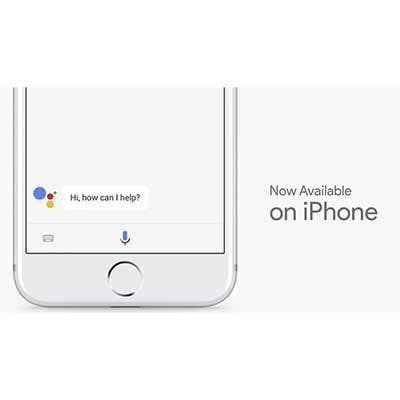
Google Assistant Updates
While Google's voice-controlled virtual assistant, the Google Assistant, has played a significant role within some of the company's own products (Pixel and Home), the assistant has only reached a few other devices to date. During the Google I/O keynote, the company made clear that it's looking to change that. Perhaps the biggest announcement is that a version of the Google Assistant is now available for iPhone, as a standalone iOS app. The assistant will be able to answer questions and take actions such as playing music or interacting with your calendar, but it won't have 100 percent of the functionality of the Google Assistant on Pixel or Home.
Meanwhile, Google Assistant is also adding features such as Google Lens, which will allow the Assistant to pull up relevant information when you point the phone's camera at an object (for example, a restaurant or a flower). The feature will also enable Google Assistant to translate text into English from other languages, when you point the camera at a sign, for instance.
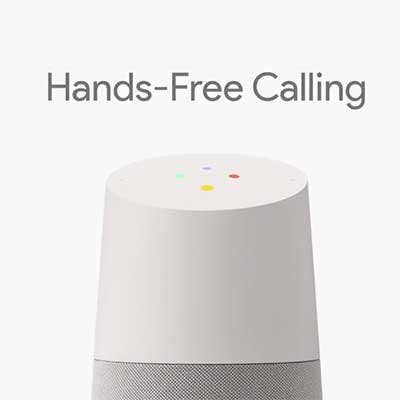
Google Home Updates
Initially announced at 2016's Google I/O, the Google Home voice-controlled speaker is now getting some added functionality. One big new feature is free phone calling through Google Home; users will be able to ask the device to place a call to any landline or cell number, and the device will place the call at no charge (and, of course, the calls will be hands free). Google said the feature will be launching in Home "in the next several months."
Other features coming to Google Home will include support for Bluetooth connection, as well as support for the free version of Spotify and SoundCloud.
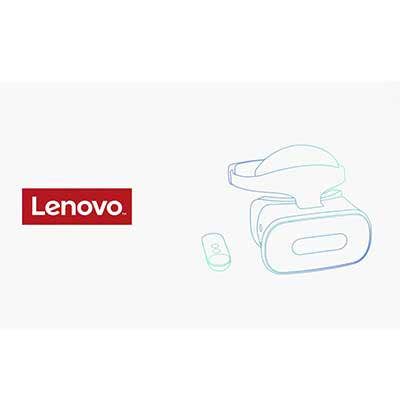
"Standalone" VR Headsets
Similar to Google Assistant, Google's virtual reality platform Daydream hasn't spread far and wide, partly due to being limited to working with certain smartphones. The company announced during Google I/O that "standalone" VR headsets – which don't require connection to a phone or even a PC – are in the works. The approach should enable easier and more immersive virtual reality experiences, Google executives said. While the company didn't offer much in the way of specifics on the forthcoming devices themselves, Google did name two companies that will be producing standalone Daydream headsets – Lenovo and HTC.
Meanwhile, Google disclosed that additional smartphones would be supporting Daydream shortly – Samsung's Galaxy S8 and S8 Plus will add Daydream support this summer, as will a new flagship device from LG coming later this year.